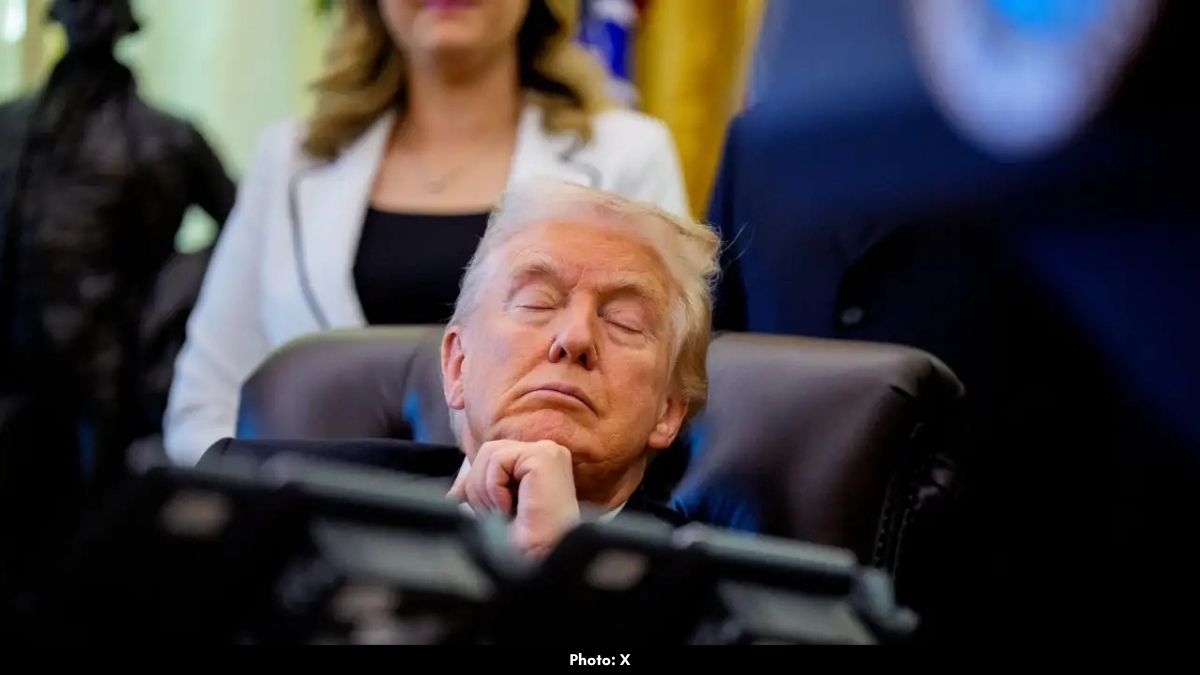Cornell University has reached a $60 million agreement with the Trump administration to restore over $250 million in frozen federal research funding and end ongoing civil rights investigations targeting the Ivy League school.
The deal, announced Friday by Cornell President Michael Kotlikoff, requires the university to accept the administration’s interpretation of federal civil rights laws while reaffirming its commitment to academic freedom and institutional independence.
“It revives the campus’ partnership with the federal government while affirming the university’s commitment to the principles of academic freedom, independence, and institutional autonomy that, from our founding, have been integral to our excellence,” Kotlikoff said.
Funding Freeze Had Impacted Research and Academic Careers
Kotlikoff stated that the federal funding freeze had “stalled research, upended careers, and threatened the future of academic programs.” Under the terms of the deal, Cornell will pay $30 million directly to the U.S. government and invest another $30 million into agricultural research that supports American farmers.
The $250 million in restored funding will go toward a wide range of university research projects, including science, technology, and medical innovation.
Trump Administration Targets Ivy League Institutions
The agreement is the latest in a series of deals between the Trump administration and prominent universities that have been accused of tolerating antisemitism or advancing left-leaning ideologies.
Trump remains in a funding standoff with Harvard University, while similar agreements were recently signed by the University of Virginia, Columbia University, and Brown University. Cornell’s deal mirrors Virginia’s agreement but involves higher direct payments and compliance conditions.
New Civil Rights Compliance Rules for Cornell University
The six-page agreement requires Cornell University to follow the administration’s interpretation of federal civil rights laws, specifically addressing antisemitism, racial discrimination, and transgender rights.
A Justice Department memo ordering colleges to scale back diversity, equity, and inclusion (DEI) initiatives and transgender policies will now serve as a training resource for Cornell’s faculty and staff.
Additionally, Cornell must provide detailed admissions data to ensure compliance with the 2023 Supreme Court ruling that ended the use of race as a factor in college admissions.
Federal Officials Praise ‘Transformative Commitment’
Education Secretary Linda McMahon praised the Cornell deal as a “transformative commitment” focused on merit and academic rigor.
“These reforms are a huge win in the fight to restore excellence to American higher education and make our schools the greatest in the world,” McMahon said on X.
Attorney General Pam Bondi added that the agreement highlights the benefits of cooperation with the administration, noting, “Colleges that receive federal funding must fully adhere to federal civil rights laws and ensure that harmful DEI policies do not discriminate against students.”
Cornell’s Ongoing Oversight and Agricultural Research Investment
As part of the deal, Cornell’s president must personally certify compliance every quarter until the agreement expires at the end of 2028.
The $30 million agricultural investment will be distributed over three years to support AI- and robotics-driven farming innovations, designed to help reduce costs for U.S. farmers — a reflection of Cornell’s historic land-grant mission and agricultural roots.
Balancing Academic Independence and Political Pressure
Although Cornell University was not found to have violated federal law, Kotlikoff said the institution signed the agreement to preserve its independence amid what he called “unprecedented government overreach.”
“In short, it recognizes our rights, as a private university, to define the conditions on our campuses that advance learning and produce new knowledge,” Kotlikoff wrote.
The Cornell-Trump agreement appears to strike a balance between maintaining academic freedom and addressing federal scrutiny — marking a significant moment in the ongoing debate over higher education governance and political influence in U.S. universities.


